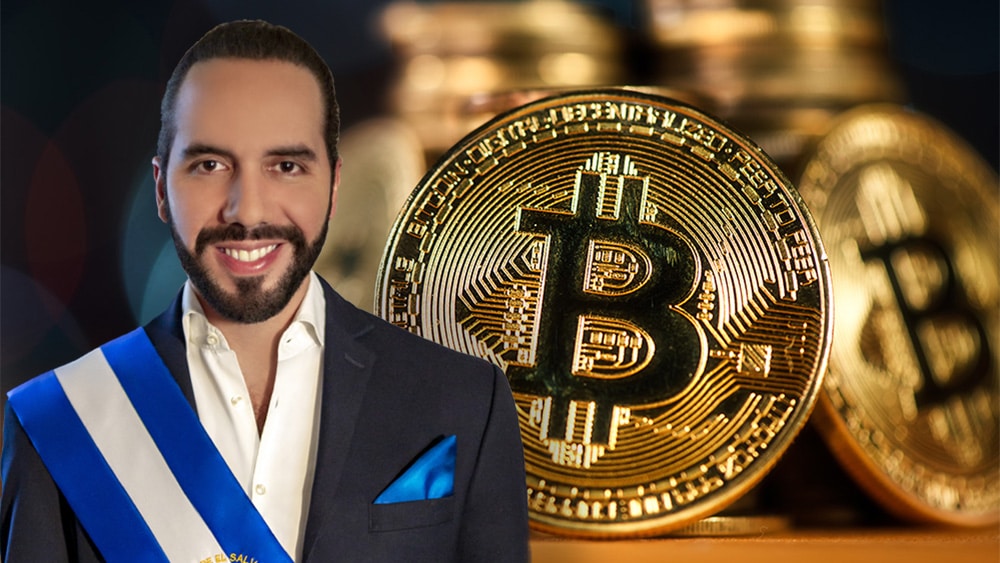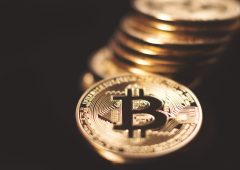Who is Actually Behind El Salvador’s Bitcoin Holdings?
14.03.2025 18:00 2 min. read Alexander Zdravkov
Recent reports suggest that El Salvador’s 6,114 BTC, claimed by the government, may actually be controlled by the crypto exchange Bitfinex.
Investigations point to over 80% of the Bitcoin being linked to Bitfinex wallets, with some funds routed through Chivo Wallet. This raises questions about whether El Salvador is misrepresenting its Bitcoin holdings, with researcher Mario Gómez speculating that the funds could have been loaned or donated by Bitfinex, rather than directly owned by the government.
El Salvador’s close ties to Bitfinex and its sister company Tether are well known, as the government has worked with them on various projects, including Bitcoin purchases and crypto-related services.
As part of a deal with the IMF, El Salvador has agreed to disclose more details about its Bitcoin holdings, which may provide further clarity on the situation. However, for now, the true control of the country’s Bitcoin remains unclear.
These revelations come amid ongoing scrutiny over El Salvador’s controversial Bitcoin adoption. The government’s push to integrate Bitcoin as legal tender has faced both local and international skepticism.
While Bukele’s administration touts the move as a financial revolution, critics argue that the government’s reliance on external entities like Bitfinex and Tether complicates the narrative, potentially undermining the sovereignty of El Salvador’s crypto assets. The IMF agreement is seen as an opportunity to address some of these concerns and provide transparency on the country’s Bitcoin strategy moving forward.
-
1
Real Estate Giant Plans $300M Bitcoin Purchase
22.06.2025 13:00 2 min. read -
2
Bitcoin Below $100K? Veteran Trader Sees It as a Buying Opportunity
25.06.2025 10:00 1 min. read -
3
Bitcoin Dominates Portfolios as Institutional Adoption Surges
25.06.2025 8:00 2 min. read -
4
Market Turmoil, War Fears, and a $70 Million Bet Against Bitcoin: James Wynn’s Stark Warning
21.06.2025 16:00 2 min. read -
5
‘Nobody Saw This Coming’: Saylor Points to Political Winds Fueling Bitcoin Boom
22.06.2025 10:00 2 min. read
Trump’s Two big Bitcoin Moves: Key Catalysts or Just Noise for BTC Price?
Two major developments are converging in July that could shape the future of Bitcoin in the United States—both tied to President Trump’s administration and its expanding crypto agenda.
Crypto Inflows hit $1B Last Week as Ethereum Outshines Bitcoin in Investor Sentiment
Digital asset investment products recorded $1.04 billion in inflows last week, pushing total assets under management (AuM) to a record high of $188 billion, according to the latest report from CoinShares.
Saylor’s Strategy Halts Bitcoin Buying After Historic Accumulation
Strategy, the Bitcoin-centric firm formerly known as MicroStrategy, has temporarily paused its regular Bitcoin purchases.
Second Largest Bank in Spain Rolls out in-app Bitcoin and Ethereum Trading
Spanish banking giant BBVA has expanded its digital services by introducing in-app Bitcoin and Ethereum trading and custody for retail clients.
-
1
Real Estate Giant Plans $300M Bitcoin Purchase
22.06.2025 13:00 2 min. read -
2
Bitcoin Below $100K? Veteran Trader Sees It as a Buying Opportunity
25.06.2025 10:00 1 min. read -
3
Bitcoin Dominates Portfolios as Institutional Adoption Surges
25.06.2025 8:00 2 min. read -
4
Market Turmoil, War Fears, and a $70 Million Bet Against Bitcoin: James Wynn’s Stark Warning
21.06.2025 16:00 2 min. read -
5
‘Nobody Saw This Coming’: Saylor Points to Political Winds Fueling Bitcoin Boom
22.06.2025 10:00 2 min. read


